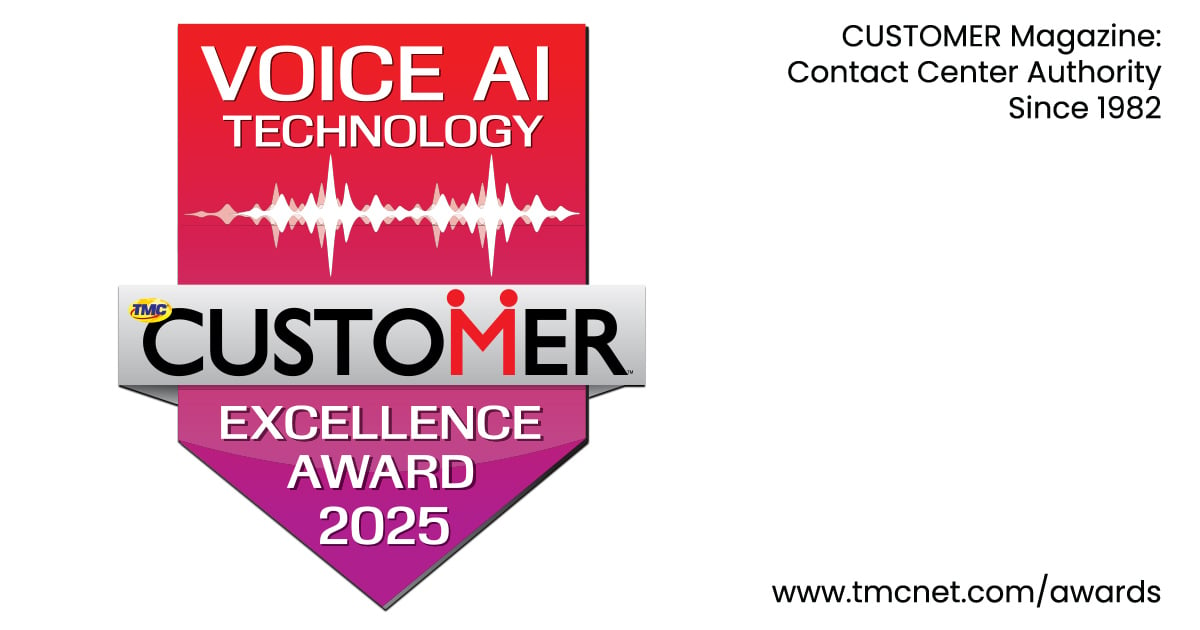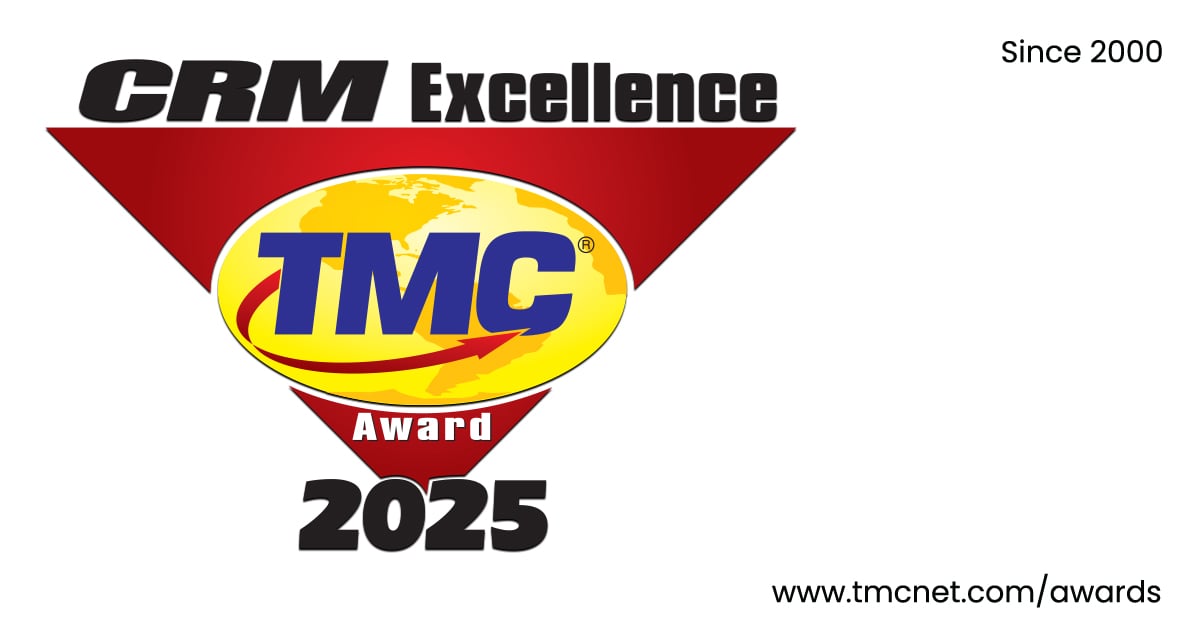
Keeping Frontline Fast-Food Workers Connected and Supported: Happy Workers Lead to Happy Customers
As we, as a society, continue to venture further into a new digital age, the idea is that the plethora of technology should bring unprecedented benefits to businesses and consumers alike. However, while digital devices should be at the forefront of organizations' minds, a different revolution has unfortunately taken their attention as top priority. Now being dubbed “The Great Resignation,” enterprises across all industries are having to face challenges associated with employee retention and attraction, as workers begin to leave their jobs, and look for new opportunities.
The majority of employees quitting their jobs during the great resignation are frontline workers, who number around two billion, comprising nearly 80 percent of the global workforce. Today, there are 11 million unfilled jobs in the United States within this sector, with a record 4.5 million workers quitting their jobs in March alone. While many of these workers are in professions and trades such as health care, hospitality and leisure, retail, and manufacturing, one industry, in particular, being hit hard is the fast food industry.
Employee turnover in the U.S. fast food industry has been high recently, averaging a rate of 150 percent annually. While other industries are experiencing similar numbers, the problem in the fast food industry is exacerbated by the fact that a large portion of the population frequents fast food establishments daily. The mass exodus of employees has created an abundance of challenges for fast food restaurants, in which they’ve had to dial hours back, and in some cases remove items from the menu.
The challenges for the fast food industry in terms of attracting and retaining employees stem from many of the reasons why workers are leaving in the first place. For example, a major issue for frontline workers is inequity in career growth, and the inability to progress up the chain of command. Currently, nearly half (43 percent) of frontline workers believe there is no opportunity for growth in their current role, and 54 percent will move to another frontline role for more learning opportunities this year.
This rings especially true for fast food, where for many employees there aren’t many positions outside of cashier, cook, and manager. Once a worker makes it to the manager, that’s practically the extent of their ability to move up, and while their position changes, their duties stay mostly the same when on restaurant premises.
On top of this, frontline workers are leaving the fast food industry for office jobs, citing the increased pay, improved flexibility, and decreased stress. 52 percent of frontline employees were planning to change jobs to achieve a pay raise, while 62 percent of fast food workers have experienced emotional abuse/disrespect from customers and 49 percent said they experienced emotional abuse from managers.
These poor working conditions are also deterring would-be employees from even considering a fast food job in the first place. Many frontline employees today would rather wait, and continue to search for something higher level, than work fast food while searching, deciding to save themselves from the stress and hassle of an inadequate job while also having to prepare themselves for interviews.
“The core problem for frontline workers is that the job skills required for an hourly pay position are almost survival skills, as they live paycheck to paycheck. The return on investment (ROI) for work they are doing is no longer worth it,” said Mark Rogers, Head of Sales and Digital Transformation at Eleviant, an IT Services company. “With everything today revolving around how much money you can make in an eight-hour day, it makes sense that employee loyalty is at an all-time low.
Fast food establishments have now begun measures to improve their working conditions and make their employees happier. This should come as no surprise, as not only does making workers happier increase retention and attraction but employee happiness is directly tied to customer happiness. Happy employees easily strive to deliver high-quality service with a lot of consistency, resulting in increased customer happiness and loyalty. Overall, employees who are engaged are more likely to improve customer relationships, with a resulting 20 percent increase in sales.
The most prominent practice being taken by fast food restaurants is to ensure health and safety on the job. This stems from the abuse some workers have been subject to while on the job, as operators are now providing support to workers and making sure staff are comfortable when dealing with customers. Increased dialogue between staff and managers is also key to mitigating potential issues that could impact retention.
Finally, fast food establishments have begun offering more flexibility when it comes to scheduling. Over one-third of hourly workers and job seekers are parents, so operators should highlight any flexibility they can offer. In today’s environment, employers must talk to their staff to see what they need if they are struggling with childcare or education, and offer to adjust hours if they truly want to improve retention and attraction.
Overall, as the demands of consumers rise, fast food restaurant owners will need to reevaluate their recruiting, hiring, and retention processes to entice employees to return to work. A focus on greater flexibility in schedules, upskilling and reskilling programs, and improved benefits will allow fast food establishments to show their employees they’re invested in them, in turn making workers feel more valued, and more likely to consider taking a job in the industry, or to stay in their current position.
“We developed a real-time analytics suite called VPS (visual performance suite) a few years ago for Dominos initially and now it extends to all of our verticals. We initially developed VPS to help relieve some of the pressures put on the staff when phones are ringing particularly during peak busy hours. You’ll typically see it deployed on a 46-inch TV/ monitor in the back of the restaurant,” said Ray Pasquale, CEO & Founder of Unified Office.
“Our software answers the incoming calls, playing pre-marketing messages that the stores record and upload for example giving the workers the opportunity to continue working on previous orders while we engage new callers for them. Eventually, it’s true they must pick up the call and process the order but the fact that we answer the incoming calls and engage the customer coupled with the fact that all calls will be delivered without receiving a busy signal has resulted in many cases in increased revenues which several of our customers have turned into profit sharing pools to share with their employees, and that has resulted in less employee turnover. ”





